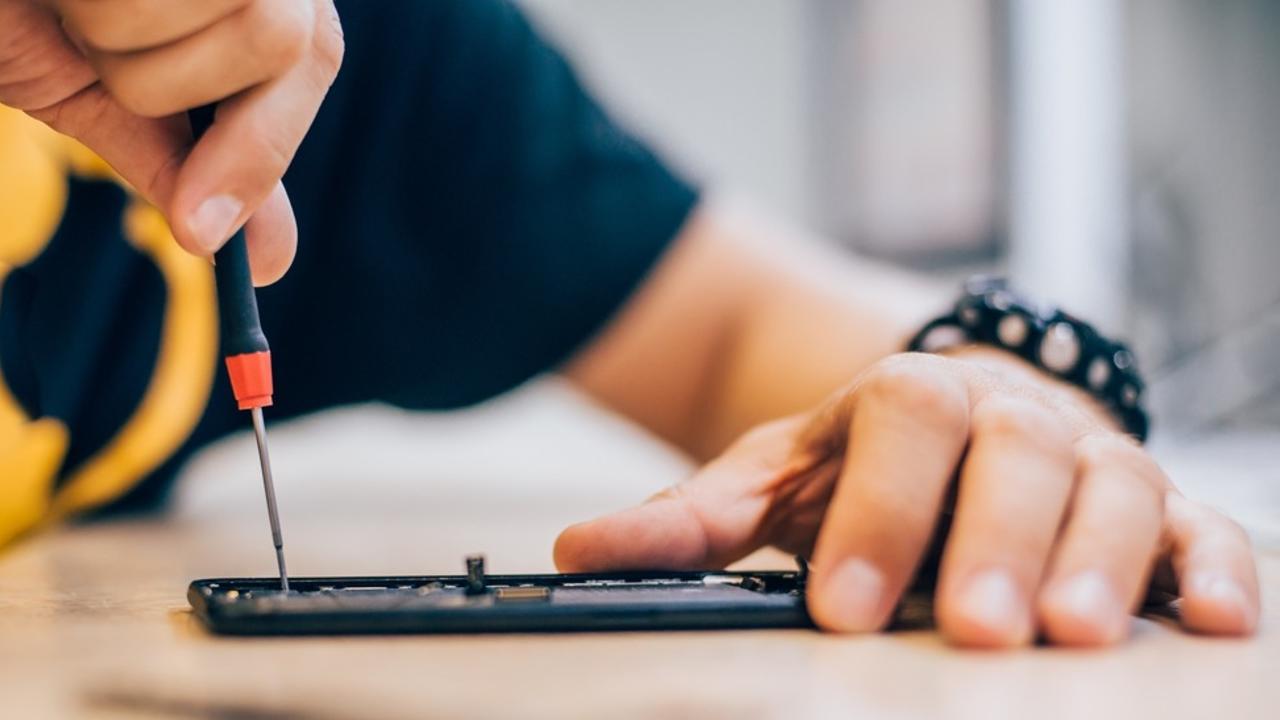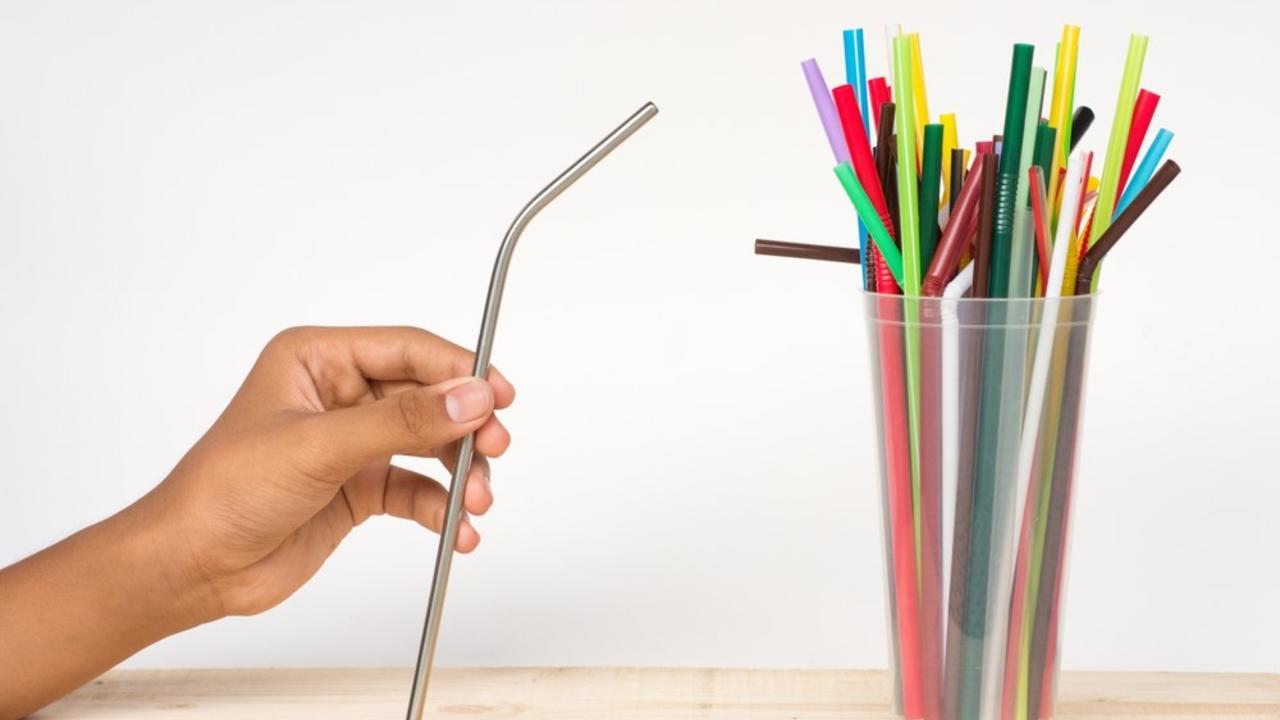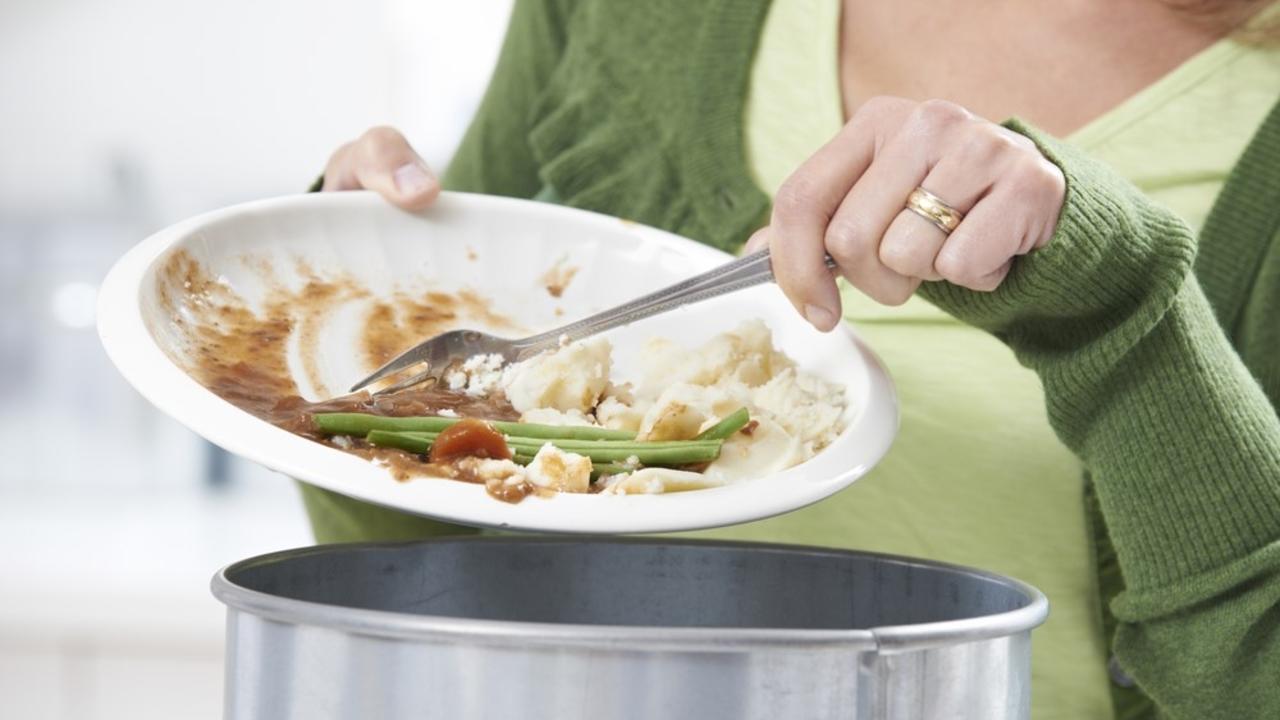Sustainable wellbeing and green living
Let's find ways to Flourish!
Right to Repair Technology

It is likely that at one point or another, one of your electronic devices has broken. Whether your screen cracked, or your microphone stopped working, broken devices can be a frustrating experience, especially when manufacturers make it expensive to get your devices repaired. In some cases, a repair can cost you more than buying a new electronic device would! Although third-party repair shops exist and may be able to fix your devices at a lower cost, their abilities are limited when it comes to repairs which require specialized parts. Unfortunately, it is common practice for manufacturers to restrict access to repair manuals, use parts that are unique to their products, and make their specialized parts inaccessible to consumers and small repair shops. This forces the consumer to choose between using “authorized” repair shops or purchasing a replacement.
The right to repair
The right to repair electronics is government legislation that is intended to allow consumers the ability to rep...
Connect and Catalyze for Change with Pivot19.org

We have seen many positive actions arise during the COVID-19 pandemic as people come together to support one another and lessen hardships in our communities. Some projects and movements have been focused on making lasting change for the better, and one of them that I was able to participate in is called Pivot19. I had the pleasure of meeting the organization’s founder and lead, Vince Verlaan and was interviewed by him as one of the Changemakers featured in this project that aims to be a catalyst for lasting change.
A Natural Turning Point
It is clear that positive social, economic, and environmental changes must be made in order to work towards a better future for all. The sudden impact of the novel coronavirus, COVID-19, should be regarded as a natural turning point for many of the environmental, social, and economic issues that have not only plagued our cities and countries for years, but have been exacerbated by the virus. Pivot19 is a grassroots movement that aims to drive these ...
Grandmothers Advocacy Network

Creativity and Passion Unleashed in Older Women
While the later years of life may be seen by younger generations as a quiet time for pursuing hobbies and spending time with grandchildren, the Grandmothers Advocacy Network (GRAN) and similar organizations are turning that stereotype on its head by showing the world they are powerful activists and a strong political force for change! This network of grandmothers from across Canada are raising their voices and using their depth of expertise to advocate for a better world, especially for vulnerable children and for grandmothers across sub-Saharan Africa.
The United Nations Universal Declaration of Human Rights outlines the obligations of governments to promote and protect human rights for all individuals across the globe. Everyone is entitled to these rights, without discrimination. However, despite the presence of international human rights law, there are individuals, such as older women in sub-Saharan Africa, whose human rights are den...
Pot-in-Pot Refrigerator

Photo credit: Peter Rinker
Rethinking the refrigerator
Cycling refrigerant throughout a refrigeration system, the process which occurs in modern day refrigerators, isn’t the only way to keep food cool. Keeping food cool is important in order to reduce the rate of harmful bacteria growth and keep your food from going bad. While modern refrigerators may seem like one of the most common and useful methods of food preservation, the truth is that these types of refrigerators not only have a negative effect on the environment, but they are also not accessible to many people. Refrigerators that were made prior to 1995 may contain hazardous materials such as chlorofluorocarbons, greenhouse gases, and ozone depleting substances. New refrigeration appliances, although they have improved, still contain greenhouse gases called hydrofluorocarbons which have the ability to trap heat in the atmosphere and contribute to global warming. Additionally, refrigerators can consume copious amounts of elect...
Rethaka Repurpose Schoolbags

Photo credit: Atlas of the Future
Thato Kgatlhanye is the founder of Rethaka Repurpose Schoolbags, an eco-friendly South African company which repurposes plastic bags by turning them into backpacks for school children. Rethaka Repurpose Schoolbags started as an assignment for a design course in college. This assignment encouraged students to design one single product which will provide a solution to three of the most prevalent social issues in the town of Rustenburg, South Africa. These three issues are plastic pollution, unemployment, and lack of electricity. This college project resulted in the idea for Repurpose Schoolbags, a practical solution to plastic pollution while making it easier for children to attend school. Repurpose Schoolbags has since become the first green initiative from Rethaka, a social startup that was created by Thato Kgatlhanye and Rea Ngwane.
Enhancing education and promoting safety of schoolchildren
The Repurpose Schoolbags not only improve the environment ...
Remote Solar

What is remote solar?
Remote and off-grid solar systems provide energy opportunities to areas in which traditional power lines do not exist. This may be because traditional power lines are too expensive to implement, or they are simply impractical to construct within the given area. The main component of a remote solar panel system is the solar panels which produce a certain amount of power depending on their specifications such their as voltage and wattage. How do solar panels work? Solar energy is a clean and renewable energy source which comes from the sun. It can be harnessed and converted into useable energy through the use of photovoltaics. Incoming sunlight hits a semiconductor material that is used within a solar panel and knocks electrons loose. When these electrons are set in motion, they generate an electric current that can be captured. This current is then converted by the solar inverter into the type of electricity that can be used within the electric grid.
Remote solar...
Restaurants Ditching Plastic Straws

Single-use plastic straws are commonly found in restaurants, coffee shops, smoothie bars, cafés, and many other establishments. While they have become a cornerstone of modern convenience, single-use plastics, including plastic straws, have a significant negative impact on the environment. They are a part of the vast amounts of plastics that pollute land and waterways each day. Ditching straws is one step in the right direction of moving away from single-use, low-value plastics that serve only momentarily and create lasting environmental devastation.
How do plastic straws impact the environment?
Although plastic straws are often made from polypropylene plastic which is recyclable, the sorting process at recycling facilities and presence of contaminants prevent plastic straws from being recycled. Plastic straws are often too small to be picked up by the conveyor belts which separate the recyclable content from the non-recyclable content at recycling plants. This means that they get los...
Decreasing Food Waste

What is food waste?
Food waste is edible portions of food that are thrown away or allowed to go bad. On an individual level, this may look like the crusts of your sandwich that you cut off, that last bit of pasta you couldn’t finish, or the cheese in your fridge that got mouldy over time. On a larger scale, food waste includes food that spoils during transportation, crops that are too “ugly” to make it to the market, uneaten portions of food at restaurants, and large quantities of expired waste that is thrown out at retail locations. The term food waste does not include inedible parts of your food such as peels, rinds, and husks.
Environmental and social impacts of food waste
The issue of food waste is a significant one, as approximately one third of all the food produced for human consumption is wasted. This equals roughly 1.3 billion tonnes of wasted food. Not only is this an issue due to the fact that individuals are going hungry while this food is wasted, but food waste has a si...

